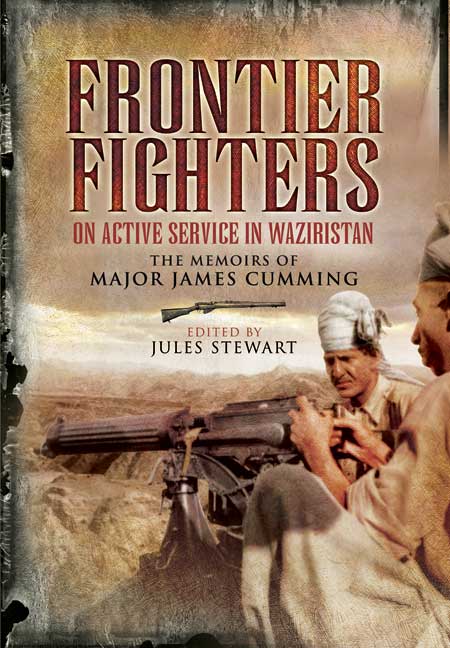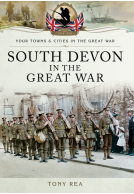Frontier Fighters (ePub)
On Active Service in Waziristan
By
James Cumming, Walter Cumming, Edited by Jules Stewart
Imprint: Pen & Sword Military
File Size: 2.7 MB (.epub)
Pages: 208
ISBN: 9781781598801
Published: 12th May 2010
Imprint: Pen & Sword Military
File Size: 2.7 MB (.epub)
Pages: 208
ISBN: 9781781598801
Published: 12th May 2010
Click here for help on how to download our eBooks
You'll be £6.99 closer to your next £10.00 credit when you purchase Frontier Fighters. What's this?
Need a currency converter? Check XE.com for live rates
| Other formats available - Buy the Hardback and get the eBook for free! | Price |
|---|---|
| Frontier Fighters Hardback Add to Basket | £19.99 |
These are fascinating memoirs of a British officer who fought the legendary Pathan tribesmen of the North-West Frontier, right up to the beginning of WW2. He describes desperate battles against this highly skilled and ruthless enemy. Pathan atrocities were commonplace and no prisoners were taken.
Cumming served in two Frontier units, the South Waziristan Scouts and the Corps of Guides. Waziristan, the home of Wazirs and Mahsuds, the most warlike of Pathan tribes, is today a sanctuary for Al Qaeda and Taleban terrorists.
Frontier Fighters describes the closing stages of Britain’s imperial presence on the sub-continent. Yet apart from the pig sticking, polo and hunting, there was great excitement, danger and gallantry. A unique bond existed between the British and their native troops. Paradoxically Cumming went on to command a Pathan regiment in North Africa in WW2.
Author: Born at Quetta (now in Pakistan) Walter Cumming enlisted in the Indian Army during the Great War and became a Viceroy Commissioned Officer. His units, the South Waziristan Scouts and The Corps of Guides, were highly respected and consistently deployed to the most dangerous areas.
Editor: Jules Stewart is a former academic and journalist who has lived in Europe and the USA. He is now freelance and his published works focus on the Indian sub continent. He lives in London.
MAJ WALTER Cumming fought on India's Northwest Frontier from 1915 until the Second World War. He recorded his experiences later, although whether from a journal kept at the time is not stated. He describes fighting in Waziristan with a combatant's eye for detail and immediacy of experience, although his writing lacks the interest of John Masters' Bugles and a Tiger. Unfortunately, Cumming's vision seldom extends beyond the immediate hilltops and he gives little idea of wider context. Perhaps with the mutilation and beheading of captives by bloodthirsty tribesmen, one cannot blame him.
Soldier Magazine, Dr Rodney Atwood, military historian
More titles by James Cumming
More titles by Walter Cumming
More titles by Jules Stewart
Customers who bought this title also bought...
Other titles in Pen & Sword Military...
















